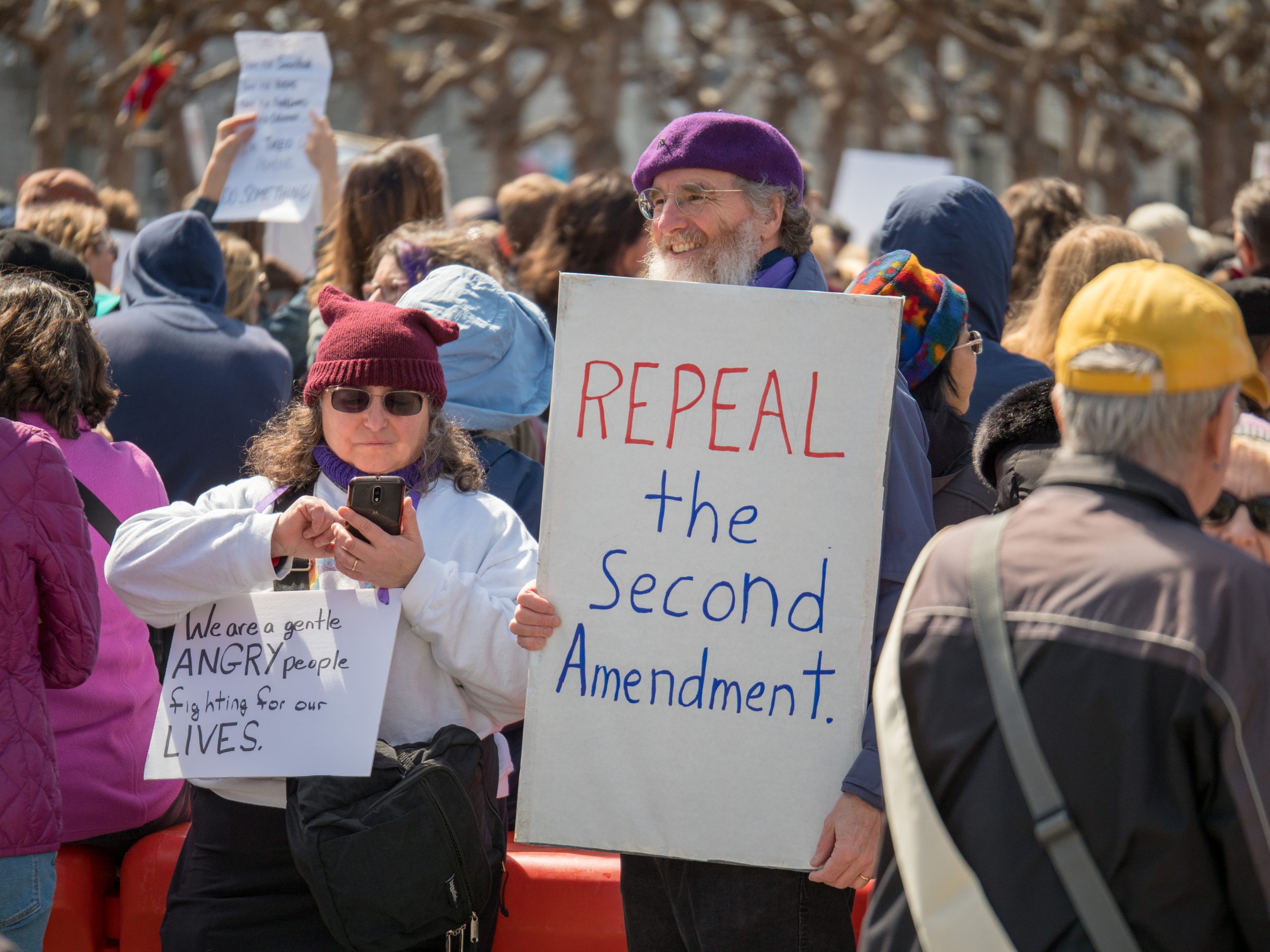Student Suspended For Second Amendment Shirt Brings Federal Lawsuit

A high school senior in Iowa was suspended last September for wearing a pro-Second Amendment shirt to her government class, leading her mother to file a lawsuit against the teacher, the principal, and the district. The complaint filed in the U.S. District Court for the Southern District of Iowa by Janet Bristow of Johnston, Iowa, alleges that the suspension violated her daughter’s First and Fourteenth Amendment rights.
Tom Griffin, the government teacher at Johnston High School, had informed his students that their rights were “extremely limited” in the classroom and that he would forbid them from wearing any clothing depicting “guns, alcohol, or any other ‘inappropriate material,’” according to the lawsuit.
Nevertheless, Bristow’s daughter, identified in the lawsuit as “A.B.,” wore a T-shirt with a picture of a rifle and the phrase “What part of ‘shall not be infringed’ do you not understand?” two days after Griffin’s lesson. In addition, the lawsuit alleges that the girl’s brother had worn a shirt with the same design without incident during his time at the same school.
Griffin dismissed A.B. from class and sent her to school administrators after he took issue with the shirt. Associate principals Nate Zittergruen and Randy Klein, principal Ryan Woods and executive director of school leadership Chris Billings told Bristow that the shirt could be perceived as threatening or offensive and gave A.B. a choice to change her shirt or face suspension. The student refused to change her shirt and was immediately issued an out-of-school suspension.
In the lawsuit, Bristow argues that clothing featuring firearms in a non-threatening manner is protected under the First Amendment and is seeking an affirmation of the child’s right to free expression, a permanent injunction to prevent future restrictions and compensation for damages and legal costs. Bristow also said she received apologies from the superintendent and Billings the evening the suspension was issued but that the issue had not been resolved, as Griffin had not apologized or clarified the matter with his class.
Griffin, who also works at two nearby colleges as a part-time professor of government and history, was named a James Madison Fellow for his exceptional high school teaching of the Constitution. Unfortunately, that claimed expertise did not prevent the teacher from threatening his class with the claim that their right to free speech was “extremely limited” on school property.
The case is expected to draw further attention to the delicate balance between free speech rights and dress code regulations in schools and the broader implications for students’ constitutional rights.
























